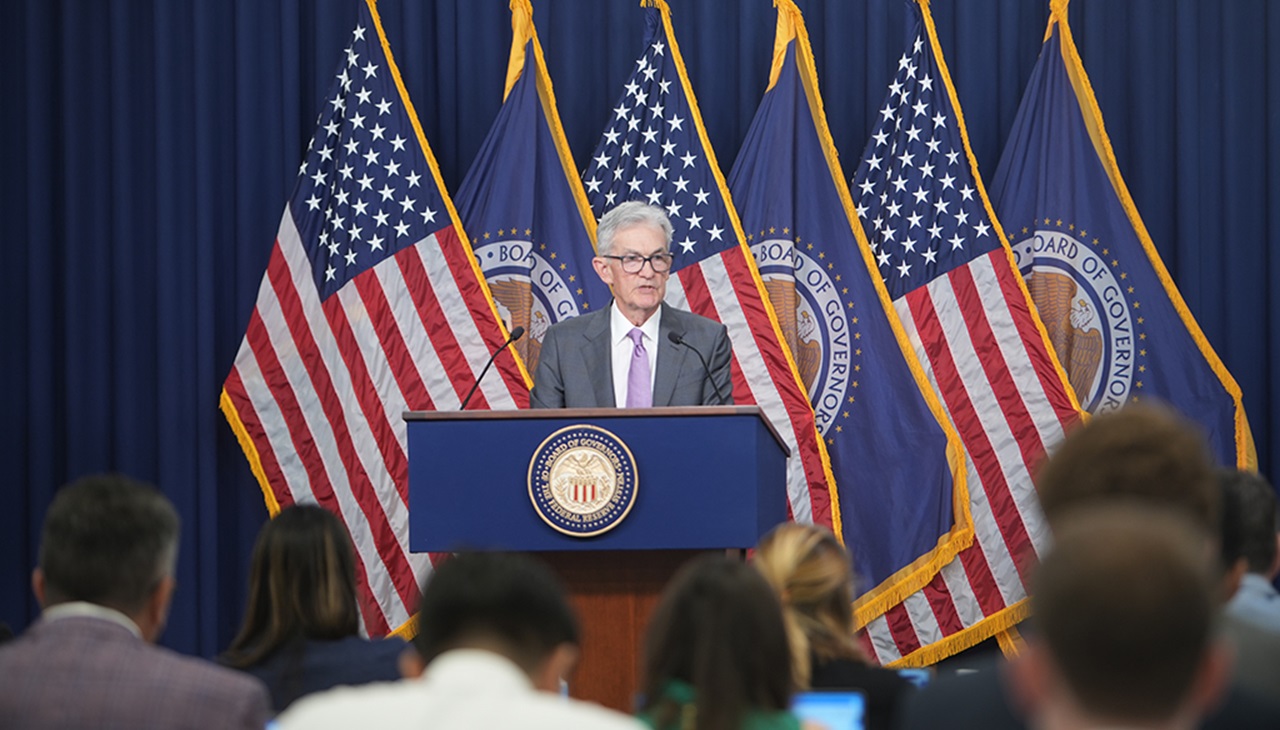
The new Fed meeting: how much will money cost us?
Starting today, the Federal Reserve, the U.S. central bank, begins a new session to review interest rates. Afterward, the Fed will decide whether to keep the cost of money stable or, as has yet to happen in four and a half years, to lower it.
Experts expect the most powerful central bank in the world to begin this process of reducing the cost of money, due to signs of concern coming from the labor market, where massive employment has not been generated again.
The disappointing unemployment rate of last August shows that the productive apparatus is having difficulty absorbing the labor supply in the economy. A monetary impulse is needed.
That is why it is taken for granted that this week, the FED's interest rates will be reduced, thus opening a new chapter in global monetary policy.
The last time the FED reduced its interest rates was at the beginning of the pandemic in 2020. Then it was necessary a forceful decision because of the extreme circumstances. Is it the same today?
CONTENIDO RELACIONADO
Check here for recent releases from the Fed.
Maybe not, but it is clear that the economy needs a boost. If that materializes, the impact could be very favorable for users indebted to the financial system and with investments in the capital markets. First, lower rates begin to make the roll-over of debts attractive: lower rates can be agreed, which would be a relief for the cash flow of debtors who have contracted their credits at a higher value.
On the other hand, investors holding fixed-rate debt securities will feel a boost in the value of their assets, because in general the rate structure will be lower from now on. In general, completed bond issues offer a better cash flow to investors than new issues.
To this we must add the significant reduction in inflation, which opens space for real gains in certain financial asset classes.
This week's news on the cost of money will be very important for all players in the economy. If the Fed meets the expectations of experts, a new chapter of monetary policy will be starting, which may favor the interests of debtors in the financial system.
If the US Central Bank refrains from making a downward decision with its interest rates, it will have to explain more clearly what it is seeing about the future of the economy, because there will be a lot of fear among economic agents, since it is clear that the productive apparatus needs a little help.










DEJE UN COMENTARIO:
¡Únete a la discusión! Deja un comentario.